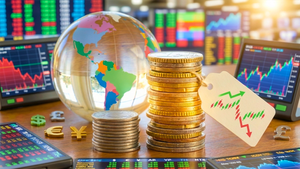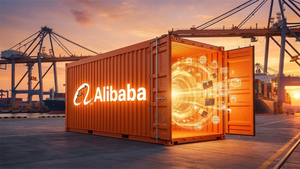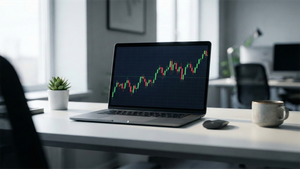The rise of cryptocurrencies looks unstoppable almost a decade after Bitcoin (the most popular) burst onto the scene. But it doesn't stop there. The world's financial systems are in the preamble of a probable turnaround. Cryptocurrencies have become the new allies of foreign trade and Kimberly Rosales, with her experience in the crypto world, explains why.
The absence of commissions for foreign currency transactions is the central point. The peer-to-peer system will allow us to send any type of digital currency transaction directly to our receiver, said the well-respected specialist.
There is almost no fee for transferring funds as it is not done through banks. These digital currencies do not require any intermediary, making it much easier to move money.
Hence, they have caused a great impact on the world economy in competition with traditional currencies and the established system. Until now, the remittance market has been dominated by traditional entities such as Western Union or MoneyGram, which charge high transaction fees of more than 8% on average.
“This is going to replace the mainstream currency. You will be able to do everything with any cryptocurrency. You won't even need a debit card,” said Rosales, who explained that to buy a cryptocurrency, the user must create an e-Wallet that has two keys, one public and one private. When a user buys, he gives his public key and is given a private one for his transaction.
Blockchain-based e-Wallet applications to handle transactions have built-in easy-to-collect tools: regular credit and debit cards, bank transfers, prepaid cards, gift cards, or ATMs. With these applications, money can be withdrawn and sent using any ATM network or mobile app. In the future, it will be possible to pay merchants and utilities with e-Wallets.
To purchase a cryptocurrency, the user must create an e-Wallet that has two keys, one public and one private. When a user buys, they give their public key and are given a private key for their transaction.
“You have to understand that you are not even going to transfer money in the future. With more stable currencies, if I have bitcoins, I transfer bitcoins. I wouldn't need to change it to physical money. I'll do it when I need to,” Rosales stressed.
In some countries, progress has already been made in incorporating cryptoassets into the real economy. It is possible to go to a specific ATM for bitcoin and exchange that digital currency for physical dollars or euros.
Blockchain technology was specifically created to dramatically reduce transaction fees. The new landscape in communication channels for cross-border currency transfer is digital asset trading.
Blockchain is transforming the global remittances market by bringing in $600 billion. The World Bank estimates that global remittances grew by 3.7% to $715 billion in 2019 and increased by 10% to $689billion in 2018.
Rosales states, “Cryptocurrencies can be used as a refuge from crises and storms, just like people seek refuge in oil or gold. Precisely, they appeared when 2008's financial crisis broke out.”
The challenge for governments in the midst of this boom is to find ways to prevent money laundering. Capital from illegal activities can be legitimated by bypassing banks. Not only are cryptocurrency transfers less expensive for international traders because they eliminate the need to use intermediaries and other commissions, but also they can be completed in less than an hour.
In short, the combination of convenience and necessity has led foreign trade operators to start considering the possibility of using cryptoassets as payment methods and even as a collection mechanism. This is provided, of course, that they are not collections that are subject to a deposit and settlement obligation.
Both in terms of their convenience and necessity, cryptoassets appear as a possible tool to be evaluated. At the end of the day, even being a “non-currency,” crypto-assets are able to comply.
About Kimberly Rosales
Kimberly Rosales is an entrepreneur and tech aficionado who, early on, understood the full capabilities cryptocurrency could offer. She founded ChainMyne, a FINTRAC-registered company, in 2020 as a means to offer an easier method for accessing digital currency, as well as to empower cryptocurrency holders. While the majority of her time is occupied by ensuring her business ventures constantly run smoothly, when she does have some free time, she enjoys spending time with her family and exploring new locations.
— WebWireID294689 —





